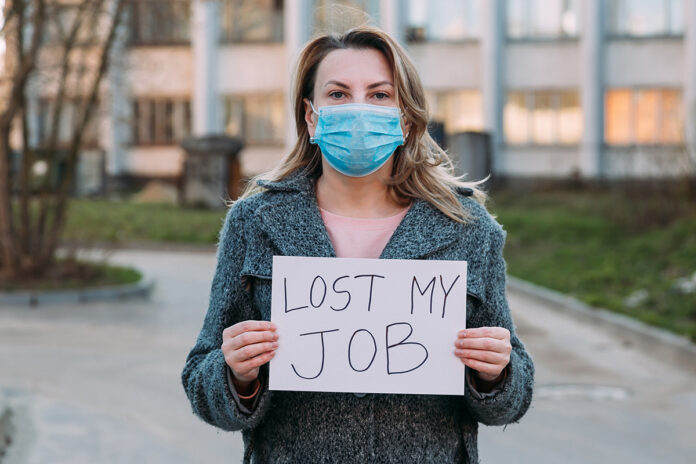The unemployment rate has reached 5% in the three months to November, the highest level since August 2016.
Figures released this morning by the Office for National Statistics found that in the three months to November 2020, the redundancy rate reached a record high of 14.2 per thousand while the vacancies recovery has slowed in October to December 2020 and these are still below the levels seen before the impact of the coronavirus pandemic.
Early estimates for December 2020 indicate that the number of payrolled employees fell by 2.7% compared with December 2019, which is a fall of 793,000 employees; since February 2020, 828,000 fewer people were in payrolled employment.
There were an estimated 578,000 vacancies in the UK in October to December 2020; this is 224,000 fewer than a year ago and 81,000 more than the previous quarter.
Matthew Percival, CBI Director of People and Skills, said:
“Unemployment rising to 5% and continued high redundancies show the difficult decisions businesses face.
“The prospect of extending lockdown makes it urgent that the Chancellor acts now to extent job and business support. The Job Retention Scheme needs to run to at least the end of June to avoid a cliff-edge.”
Dave Innes, Head of Economics at the Joseph Rowntree Foundation, said:
“Today’s figures show just how vital it is for the Government to keep the £20 a week increase to Universal Credit. Job losses continue to mount and with the furlough scheme set to wind down in the Spring, thousands more workers will face redundancy. Those on low pay, already struggling to make ends meet, are most at risk. The OBR forecasts a further steep rise in unemployment in the months ahead, which will remain high for some time.
“Cutting benefits just as unemployment accelerates is bad economics and bad policy. Nor is it acceptable to leave millions of families in the dark about whether their incomes will be cut by £20 a week in April. The certainty these families need and deserve is long overdue – now is the time for the Chancellor to do the right thing and keep the Universal Credit uplift, as well as extending this lifeline to those on legacy benefits.”
UKHospitality Chief Executive Kate Nicholls said:
“This is a reminder, not that it is needed, that we have been hit hardest by this. Unless we want to see unemployment in our sector rise even further, we need more support to keep businesses alive and these jobs secure. The VAT cut and business rates holiday must be extended to give employers some breathing room to keep jobs safe.
“It is vital that we have a clear exit strategy and a route map to recovery as soon as possible. Hospitality can be the key to jobs and skills for young people and we can plug the gaps left by retail and help revitalise the economy. We can only do this with the right support to see us through the crisis, though.”







